Family Life Curriclum for 4th and 5th Grade
This Curriculum Guide has been prepared to depict the curriculum, the reporting bicycle and school-home procedures specific to our Grade 4 classes. Included in this guide are specific expectations for our students in Grade 4 in the areas of Language and Mathematics and the single bailiwick areas. Expectations in Science and Social Studies are described in the context of the Unit of Research. The acquisition of knowledge, skills and understanding must exist seen as a continuum forth which each private student progresses at his/her own speed. Outcomes describe what most learners are able to do by the stop of any given course level. Different learners have unlike proficiency levels and needs, although they might exist in the same class or have the same age. Still, the learning outcomes are the footing for planning learning engagements and assessments. The reporting cycle describes how Whitby reports on cess and communicates what students know, empathise and can do. It describes processes developed to share the progress of children's learning. Also included are schoolhouse-abode connection procedures established to ensure clear and timely advice between the schoolhouse and domicile and inform almost procedures specific to the Grade 3 classes. For further inquiries please contact the Lower School Part. Whitby inspires a passion for learning and empowers each child to accept responsibleness as an open-minded, principled citizen in a global community. Whitby School is authorized to teach the International Baccalaureate Main Years Program (IBPYP). This program is an international curriculum framework that combines the best research and practice from national schoolhouse systems with the collective noesis and experience of international schools to provide an excellent educational programme for children aged 3- 12. At Whitby, we accept extended the programme to our youngest learners in Stepping Stones and are proud to offering the IBPYP to all our students in Lower School. Ane of our focuses is to nurture and provide opportunities for students to observe and model the attributes of the Learner Profile. The aim of all IB programs is to develop internationally minded people by encouraging all members of the school community to go agile, compassionate and lifelong learners. We apply the Learner Profile to guide students toward positive behavior and the creation of a classroom community of learners where everyone is valued. The aim of all IB programs is to develop internationally minded people who, recognizing their common humanity and shared guardianship of the planet, aid to create a ameliorate and more than peaceful globe. Equally IB learners, we strive to be: Learning in the Lower Schoolhouse at Whitby represents the continuation of a powerful educational continuum that extends from Stepping Stones to Grade 8. Whitby educates the whole child through inquiry-based learning, individualization of instruction and continual assessment along the fashion. Whitby features multi-age groupings up to Grade 2. Grade 3 and up work within a single - grade level structure to provide greater depth in key field of study areas and to ease transition to loftier school, with the IB program providing the underlying structure of themes and concepts. Whitby's kinesthesia works together to map curriculum from Stepping Stones through eightth Grade. Whitby's curriculum ensures proper competencies are met and sequencing and transitions are smoothen from grade to grade. Graduates of Grade eight are fully prepared for secondary school and life beyond Whitby. The IBPYP focuses on the center likewise as the heed of learners and addresses social, physical, emotional and cultural needs also every bit academic needs. In addition to this, traditional academic subjects are valued. There is too an emphasis on the balance between the acquisition of essential knowledge and skills and the search for meaning and understanding. The program provides opportunities for learners to construct significant through an inquiry approach, which incorporates a range and residue of teaching strategies. The threads of children's learning are brought together in the transdisciplinary program of inquiry, which in plow allows them to brand connections with life exterior school. The IBPYP enables children to develop sensitivity to the experiences of others through the curriculum, the attributes listed in the Learner Profile and the expectation of socially responsible action as a result of learning experiences. For further information on the IB Primary Years Program visit the International Baccalaureate Arrangement website at world wide web.ibo.org. An aim of the PYP is to create a transdisciplinary curriculum that is engaging, relevant, challenging and significant for learners. This curriculum provides opportunities for students to build pregnant and refine their understandings through a range of student- centered engagements. The curriculum is broken down into six transdisciplinary themes that the International Baccalaureate considers essential in the context of international education, known as the Plan of Inquiry (POI). Students at Whitby enquire into and larn about local and global issues in the context of units of inquiry, each of which addresses a item transdisciplinary theme. Each of these units: An research into the nature of the self; behavior and values; personal, physical, mental, social and spiritual health; human relationships including families, friends, communities and cultures; rights and responsibilities; what it means to be human. BELIEF SYSTEMS Central Idea:Belief and value systems offering explanations almost the globe around u.s.. Cardinal Concepts:Connexion, office, perspective Related Concepts:Commonalities, beliefs/tradition/rituals, tolerance/bias/open-mindedness Lines of Enquiry: An inquiry into orientation in identify and time; personal histories; homes and journeys; the discoveries, explorations, and migrations of humankind; the relationships betwixt and the interconnectedness of individuals and civilizations, from local and global perspectives. ON THE Move Central Idea: People migrate every bit a response to challenges and opportunities Key Concepts: Causation, perspective, change Related Concepts: Diversity, prejudice, consequences Lines of Inquiry: An inquiry into the ways in which we notice and express ideas, feelings, nature, civilization, beliefs and values; the ways in which nosotros reflect on, extend and enjoy our inventiveness; our appreciation of the aesthetic. EQUAL, BUT NOT THE Aforementioned Key Thought:Recognizing gender differences and stereotypes supports understanding and advice. Key Concepts:Perspective, reflection, responsibility Related Concepts: Gender roles, identity, leadership, message Lines of Inquiry: An inquiry into the natural world and its laws; the interaction between the natural world (physical and biological) and human societies; how humans use their understanding of scientific and technological advances on lodge and on the environment. Weather condition Primal Idea:Agreement weather patterns allows people to programme, prepare, and deal with their impact. Key Concepts: Form, causation, change Related Concepts:cycles, forecasting, mitigation Lines of Enquiry: An inquiry into the interconnectedness of man-made systems and communities; the construction and function of organizations; societal decision-making; economical activities and their impact on humankind and the environment. WE THE PEOPLE Key Idea: Communities take rules and laws, while people have rights and responsibilities Central Concepts: Function, connection responsibleness Related Concepts: Systems, justice, rights, governance, citizenship Lines of Research: An inquiry into rights and responsibilities in the struggle to share finite resource with other people and with other living things; communities and the relationships inside and between them; access to equal opportunities; peace and disharmonize resolution. SUSTAIN It! Central Idea: People can make choices to back up the sustainability of Earth's resource. Central Concepts: Connection, causation, responsibility Related Concepts: Equality, distribution, sustainability, systems Lines of Inquiry: At Whitby, Language is beingness taught through the authentic context of the units of inquiry. We have drawn on the IBPYP Language Scope and Sequence documentation and the Linguistic communication Mutual Cadre Standards in the process of refining our telescopic and sequence and ensuring remainder of the significant strands of Linguistic communication. In addition, some aspects of the linguistic communication curriculum might be taught as a stand lonely post-obit the principles of the PYP using a constructivist, inquiry-based approach. Language is arranged into three primary strands: Language learning is not a linear process. Different learners develop proficiencies at different times and at their own pace. Whitby learning outcomes are a description of this language learning process. We have specified learning outcomes for each grade level. These specific outcomes for a grade level depict what most learners are able to do by the end of this grade level. Some learners will have already moved on and are able to work towards the next stage, and others might demand more than fourth dimension to attain the targets set out. The assessments of the linguistic communication outcomes are helping teachers decide how to set specific individual learning goals for their students. The individual progression of the child is shared with parents in parent-teacher conferences and the report cards. At Whitby, we use the framework of Balanced Literacy to support students in developing into confident and competent readers and authors. The balance of reading and writing workshops ensures that students receive the individualized teaching appropriate to their strengths and needs in literacy. Students read and write independently and in a variety of group settings on a daily footing. Teachers facilitate different reading experiences: read aloud, shared and guided reading, reading conferences and independent reading. Similarly, students engage in a variety of writing experiences. They include shared, guided and independent writing as well as individual writing conferences. Additionally, students engage in give-and-take written report, which involves the areas of phonics, morphemic assay, spelling and grammar. Balanced literacy is an integrated approach to teaching language arts. Whenever possible, the units of research inform the selection of text and topics. Therefore, students spend a substantial amount of time reading and writing on a daily basis. To accost and teach handwriting in Lower School, we adopted the Handwriting without Tears Plan. By Grade 2 students are introduced to the cursive HWT style and encouraged to write in cursive in their daily work. This is reinforced in Grade 3 and in a higher place. Students are expected to write in cursive from then on throughout Lower School. At Whitby, our students are given the opportunity to construct, transfer and utilise mathematical understanding. We have drawn on the IBPYP Mathematics Scope and Sequence documentation and the Mathematics Mutual Core Standards in the process of refining our scope and sequence and ensuring residual of the significant strands of Mathematics. Mathematics is being taught, whenever possible, through the authentic context of the units of inquiry. If the direct teaching of mathematics in a unit of inquiry is not viable, it is taught as a stand-alone following the principles of the PYP, using a constructivist, inquiry-based arroyo. Mathematics is arranged into 5 main strands: Pattern and Function, Number, Measurement, Information Treatment, and Shape and Space. All mathematical didactics develops knowledge and agreement of 8 mathematical processes that are integrated in all mathematical experiences. Explicit pedagogy and practice of these processes is incorporated in all mathematical educational activity. The 8 processes of mathematics are: Outcomes describe what most learners are able to do past the terminate of whatsoever given grade level. Different learners have unlike proficiency levels and needs, although they might be in the same class or take the same age. Some learners will have already moved on and are able to work towards the next phase, and others might need more time to attain the targets ready out. The conquering of mathematical understanding must be seen every bit a continuum forth which each individual student progresses at his/her own speed. The cess of the math outcomes is helping teachers make up one's mind how to set specific individual learning goals for their students. The individual progression of each child in math is shared with parents in parent teacher conferences and the report cards. Science at Whitby is taught entirely inside the PYP Program of Inquiry. We have drawn the Science Strands from the IBPYP Scope and Sequence documentation likewise as the Adjacent Generation Science Standards (NGSS) in the process of refining our scope and sequence and ensuring residuum of the significant strands of Scientific discipline: Nature of Science,Living Things, Earth and Space, and Physical Science. Major conceptual ideas are developed over the entire Lower Schoolhouse curriculum, and inquiry is the main arroyo in the organization and selection of students' activities. Students will develop their observational skills by using their senses and selected observational tools. They will get together and record observed information in a number of ways, and they volition reflect on these findings to identify patterns or connections, make predictions and exam and refine their ideas with increasing accuracy. Students will explore the manner objects and phenomena part, place parts of a system and gain an understanding of increasingly complex cause and effect relationships. They will examine change over time and will recognize that change may exist affected by one or more variables. They will examine how products and tools have been developed through the application of science concepts. They volition be aware of different perspectives and ways of organizing the globe, and they will exist able to consider how these views and customs may accept been formulated. Students will consider ethical issues in science related contexts and use their learning in science to plan thoughtful and realistic action in order to improve their welfare and that of other living things and the environment. Students will communicate their ideas or provide explanations using their own scientific experience and that of others. (IBPYP Science Telescopic and Sequence, 2008) The Nature of Science strand is the overarching, unifying strand. Through it, students learn what science is and how scientists work. Students develop the skills, attitudes and values to build a foundation for understanding the world. Students come to capeesh that while scientific cognition is durable, it is also constantly re-evaluated in the lite of new evidence. Students acquire how scientific discipline ideas are communicated and make links betwixt scientific knowledge and everyday decisions and actions. These outcomes are pursued through the post-obit major contexts in which scientific cognition has developed and continues to develop. The basic understandings nigh the nature of science are: The matrix beneath presents the viii major themes and class level understandings nigh the nature of science. The matrix describes learning outcomes for the themes on grade level bands M-two and iii-4. Social Studies at Whitby is taught entirely inside the PYP Programme of Inquiry. Nosotros have drawn the Social Studies Strands from the IBPYP Scope and Sequence documentation as well as international and national curriculum in the process of refining our scope and sequence and ensuring balance of the meaning strands of Social Studies: Human Systems and Economic Activities, Social Organization and Civilisation, Continuity and Change over Fourth dimension, Human being and Natural Environments, and Resources and the Environment. Major conceptual ideas are developed over the unabridged Lower School curriculum, and research is the main approach in the organization and selection of students activities. Students will extend their understanding of human club, focusing on themselves and others within their own community equally well as other communities that are afar in time and place. They will investigate how and why groups are organized within communities and the ways in which communities reverberate the cultures and community of their people. They will recognize the interdependency of systems and their function within local and national communities. They volition increase their awareness of how people influence, and are influenced by, the places in their surround. Students will explore the relationship betwixt valuing the environment and protecting it. They will extend their agreement of time, recognizing important events in peoples' lives and how the past is recorded and remembered in different ways. They will augment their understanding of the impact of advances in technology over time, on individuals, society and the environs. (IBPYP Social Studies Scope and Sequence, 2008) i. Codify and ask questions about the past, the future, places and order (for case, students will limited wonderings, evidence curiosity or ask questions about a person or event of personal significance; express wonderings, show marvel or ask questions nigh the natural and physical environment; enquire questions to extend understanding of how others have synthetic or represented the past, the human and natural environment and order; formulate questions and identify problems that volition enable them to make links between prior learning, new situations and further actions; formulate questions that promote the transfer of cognition and brand connections across their learning). 2. Use and analyze testify from a variety of historical, geographical and societal sources (for instance, students will draw information from, and respond to, stories near the past from geographical and societal sources; access a broad range of starting time- and second-hand sources of data such as people, maps, surveys, direct observation, books, museums and libraries; place appropriate data and communication engineering (ICT) tools and sources of information to back up research; predict future events by analying reasons for events in the by and nowadays). three. Orientate in relation to identify and time (for example, students will explore and share instances of change and continuity in personal lives, family unit and local histories; investigate directions and distances within the local environment; distinguish betwixt past, present and future time; explore similarities and differences between the past and the present; sequence events, routines, personal histories in chronological lodge; interpret place and time using tools such equally maps and timelines). 4. Identify roles, rights and responsibilities in guild (for example, students will define own roles and responsibilities within the family, class or school; compare children s and adults roles, rights and responsibilities in society; reflect on the rights and responsibilities of children in other societies and make comparisons; examine how the rights of a person direct bear on their responsibilities; investigate how services and systems influence societal rights and responsibilities; examine the responsibleness of people towards the surroundings; reflect on opportunities to contribute actively to the community at a range of levels, from local to global). v. Assess the accuracy, validity and possible bias of sources (for instance, students will examine and translate uncomplicated evidence such as artifacts; compare the validity of statements from a variety of different sources; distinguish betwixt fact and opinion; piece together evidence to explain, report or persuade; clarify and synthesize information; make predictions in order to test agreement; develop a critical perspective regarding information and the reliability of sources). The Spanish Linguistic communication Program in Lower Schoolhouse focuses mainly on oral language development. The aim of studying Spanish is non simply acquiring language skills only too developing noesis and understanding of the Hispanic civilization. We also strive to support the students in developing the attributes of the IB Learner Profile. The students are grouped by phases to best accost the individual learning needs. The Grades 3 and 4 Spanish Language Program includes: Whenever possible and appropriate, the programme supports or is integrated into the Program of Inquiry. Equally a result, the students are able to make connections between the language they larn and their transdisciplinary units of research. The outcomes for Phases 1 - 3 in Grade 3 and 4 Spanish include: The music curriculum is designed to help students develop an understanding and appreciation of music, as well as acquire the practical skills needed, to cultivate a lifelong source of enjoyment and personal satisfaction. Music is a fundamental form of both personal and cultural expression, through which we express feelings and share ideas. Music enables students to appreciate and understand aspects of their ain culture and place in the world, too as those of others. Students are encouraged to consider music as a means of communication: an expressive language with creativity at its center. The music curriculum is arranged into two principal categories, responding and creating, which are further broken downwards into subcategories. Whenever possible and appropriate, the music plan supports and is integrated into units of inquiry. There are likewise units during which the music program offers contained inquiry into musicHrelated ideas and concepts, too as skillHbased teaching. Each class level throughout the school has its own ready of music process outcomes reached through the music curriculum. Outcomes for Grade iv Music include: We believe that visual art plays a primal role in the education of the whole child. Visual art education includes the development of creative skills, verbal and nonverbal expression, an awareness of the perspectives of others and aesthetic appreciation. The process of responding provides students with opportunities to respond to their own and other artists works and processes, and in so doing develop the skills of critical analysis, estimation, evaluation, reflection and communication. Students will demonstrate knowledge and understanding of the concepts, methods and elements of visual arts, including using specialized linguistic communication and subject terminology. Students consider their own and other artists works in context and from different perspectives in order to construct meaning and inform their own future works and processes. The responding strand is not simply about reflecting; responding may include artistic acts and encompasses presenting, sharing and communicating one's own understanding. By responding to their own artwork and that of others, students become more mindful of their ain artistic evolution and the function that arts play in the world effectually them. The procedure of creating provides students with opportunities to communicate distinctive forms of meaning, develop their technical skills, take creative risks, solve issues and visualize consequences. Students are encouraged to describe on their imagination, experiences and knowledge of materials and processes as starting points for creative exploration. They can make connections between their work and that of other artists to inform their thinking and to provide inspiration. Both independently and collaboratively, students participate in artistic processes through which they can communicate ideas and limited feelings. The creating strand provides opportunities for students to explore their personal interests, beliefs and values and to engage in a personal artistic journeying. (IB PYP Arts Scope and Sequence, 2009) Whenever possible and appropriate, the arts plan supports or integrates with the plan of research. The outcomes for Grade iv Visual Arts include: Grade 3 and four theatre transports students, builds their self-confidence, tears down inhibitions, channels experience into communication and enhances articulation. Through improvisation, students work together to find solutions to problems. Through analyzing character histories, relationships and objectives, students brainstorm to identify and establish different perspectives on both historical and current issues. And, through text analysis, students begin to uncover the role of fairness and justice in dissimilar global contexts. Integration with core subjects is at the middle of the theatre curriculum. Integrated theatre supports differentiated learning by allowing students to relate new information to previous noesis and put content into real world contexts. It allows for educational activity of the whole child by encouraging questions that focus on how their studies affect them academically, socially and emotionally. Theatre at this level introduces students to the practice of walking in another'south shoes to come across things from different angles. It is an area in which personal growth, life lessons and global perspectives brainstorm to come up together to add dimensions to students equally they go through childhood. The outcomes for Grade 3 and 4 Theatre include: Concrete Education is concerned with the concrete, social, personal and emotional aspects of our students development. It gives students the opportunity to learn near motility and through motility. Skills are developed through a wide diversity of concrete activities, designed to ensure maximum participation past all. PE as well provides opportunities for cooperation, teamwork, controlling and trouble solving. The students volition develop noesis and understanding in the strands of individual pursuits, movement composition, games, take chances challenges and wellness related activities. Individual pursuits: The development of basic motor skills and the body'southward capacity for movement through locomotor and manipulative skills and/or experiences; the techniques, rules and purpose of a range of athletic activities (for instance, rail and field, swimming, skating, skiing); recognizing a high level of achievement and how to improve a functioning. Movement composition: Recognizing that movements can be linked together and refined to create a sequence of aesthetic movements. Movements can be in response to stimuli or functioning elements and/or criteria and can communicate feelings, emotions and ideas (for example, gymnastics, dance, martial arts). Games: Recognizing the challenges presented past games; the importance of manipulating space; the categorizing of games; identifying and developing appropriate skills and strategies; recognizing the importance of rules and how they ascertain the nature of a game; modifying existing games and creating new games; teamwork. Adventure challenges: A variety of tasks requiring the apply of physical and criticalH thinking skills past individuals and/or groups; challenges that require groups to piece of work together collaboratively in social club to solve bug and accomplish a common goal; recognizing the role of the private in group problem solving. Health-related fitness: Recognizing and appreciating the importance of maintaining a salubrious lifestyle; the body'due south response to exercise including the interaction of body systems and the evolution of physical fitness. (IBPYP Making the PYP Happen, 2007) PSE is concerned with the ongoing evolution and growth of our students in respect to feelings, beliefs and behaviors and how they interrelate. PSE is included in the curriculum in gild to help students develop an agreement of how to manage and communicate their feelings; understand how their choices and practices can maintain their wellness and safety; develop an awareness of social norms and perspectives; build relationships and develop an appreciation of commonalities and differences; develop strategies to resolve conflicts; recognize rights and responsibilities towards others and the surroundings and develop cocky direction strategies to become successful learners. PSE is an essential and integral part of the curriculum; it is transdisciplinary in nature, yet needs to be thoroughly planned and carefully implemented. The students will develop noesis and agreement in the iii strands of identity, active living and interactions. Whitby School recognizes the need to integrate information and communication applied science (ICT) in the educational procedure to raise learning and support the students in their inquiries, and in developing their conceptual understanding. It is a tool of learning, albeit with its own fix of skills, equally opposed to an additional discipline. Nosotros accept adopted a flexible learning model that encourages collaboration and team education betwixt the classroom teachers, the Librarian/Media Literacy Specialist and the members of the IT department in an effort to identify technologies that can be used to raise, engage and support educatee learning. The Lower School uses a diversity of resources such as laptops, digital and video cameras, iPads and other resources in social club to develop critical ICT skills required for students of the 21st century. These skills are taught through all curriculum areas, where they are learned in meaningful ways in the context of classroom learning. The ICT skills are arranged into seven continuous strands that are strengthened and deepened every bit the pupil moves through the Lower School and into Upper Schoolhouse. For Grade 4 students the outcomes under each strand include the following: Reporting on cess is about communicating what students know, understand and can do. Information technology describes the progress of children'south learning and identifies areas of strength as well as areas of growth and goals for the future learning procedure. At Whitby, effective reporting will: In the Lower Schoolhouse we use Seesaw to certificate and reflect on learning. Seesaw is a digital learning periodical that allows students and teachers to show, reflect and share their learning. Students can employ photos, video, sound and text to capture the learning process, non just the finish consequence and explicate how they arrived at their agreement. Parents are invited to be active participants in their child'southward learning journal. At the beginning of the school year, we will send you a QR code that will invite you to Seesaw. If you choose to get notifications, you volition be able to run into entries to the journal and comment on them. Nosotros believe this interactive engagement can bring your kid's classroom experience here at Whitby even closer to dwelling. Summative assessments from units of inquiry and other completed units are sent abode for parent review afterwards the assessment data has been shared with the educatee. Parents are asked to sign the cess and send it dorsum to school in their kid'southward assessment folder. In the Lower School, nosotros host two parent conferences per school year. Teacher-Parent conferences are scheduled in November for all Lower School families. Student participation is highly encouraged. In April, nosotros host student-teacher-parent portfolio conferences, which requires the presence of the students as they are sharing their learning journeys with their parents. Teachers and parents may also request conferences to talk over educatee learning or any other event at whatever fourth dimension. In addition to sharing assessment information through conferences, work samples and standardized test scores, the school formally reports on student learning twice a year through narrative written report cards. These study cards are posted on Veracross for parents to download. They provide an overview of each kid southward progress within our curriculum. The written report cards are stored through Veracross as part of a student's permanent record. In Class 4, the progress reports describe the educatee'south cognitive, personal, emotional and social progress in lite of the IB learner profile and the acquisition of cognition, agreement and skills in relation to the unit of inquiry and single subject areas based on grade level specific outcomes. Teachers are available most afternoons and after schoolhouse for quick questions. If more detailed information is required, parents should non hesitate to conform a meeting time outside of school hours with their child'southward teachers. Please ever copy both teachers in emails nigh your child. Emails are answered within 24 hours. Please send notifications most the daily routine for a kid at least 24 hours in accelerate. Otherwise, delight notify the forepart desk-bound. Face to face or phone conversations are the preferred way of communication with our families. Voicemail should only be used to arrange for a conversation or meeting. The Class 4 section will publish a newsletter at the start of each unit of enquiry in Veracross to inform about teaching and learning in the upcoming weeks. An email with a link to the form page will be sent from each classroom. At the determination of a unit (roughly every 6 weeks), work will be sent home for the parents and student to review with their child and to continue. Over the year, at that place volition be numerous occasions for parents to run into their children engaged in learning. Besides the 3 special visitor days scheduled over the year, each classroom will detect opportunities to share learning with the parents within the context of the unit of inquiry or for other curriculum areas. We encourage your child to keep a book at his or her appropriate reading level at home to read each night for approximately 20 minutes. The classroom teachers will supply a reading log so that your child tin go along rails of his or her nightly reading. In improver, we encourage parents to read aloud to their children at habitation. Birthday celebrations are welcomed and encouraged in the classroom. Parents can ship a seize with teeth-sized care for (following Whitby s nutritional guidelines) in with their child in the morning, and the celebration volition be worked into the schedule at some bespeak in the day.Introduction
Mission
The IB Primary Years Program
The IB Learner Contour
The Continuum of Learning

The IB Curriculum Model

Course 4 Curriculum
Program of Research
Unit of Inquiry
Transdisciplinary Themes
Who We Are
Where Nosotros Are in Place and Time
How We Limited Ourselves
How the World Works
How we Organize Ourselves
Sharing the Planet
Linguistic communication
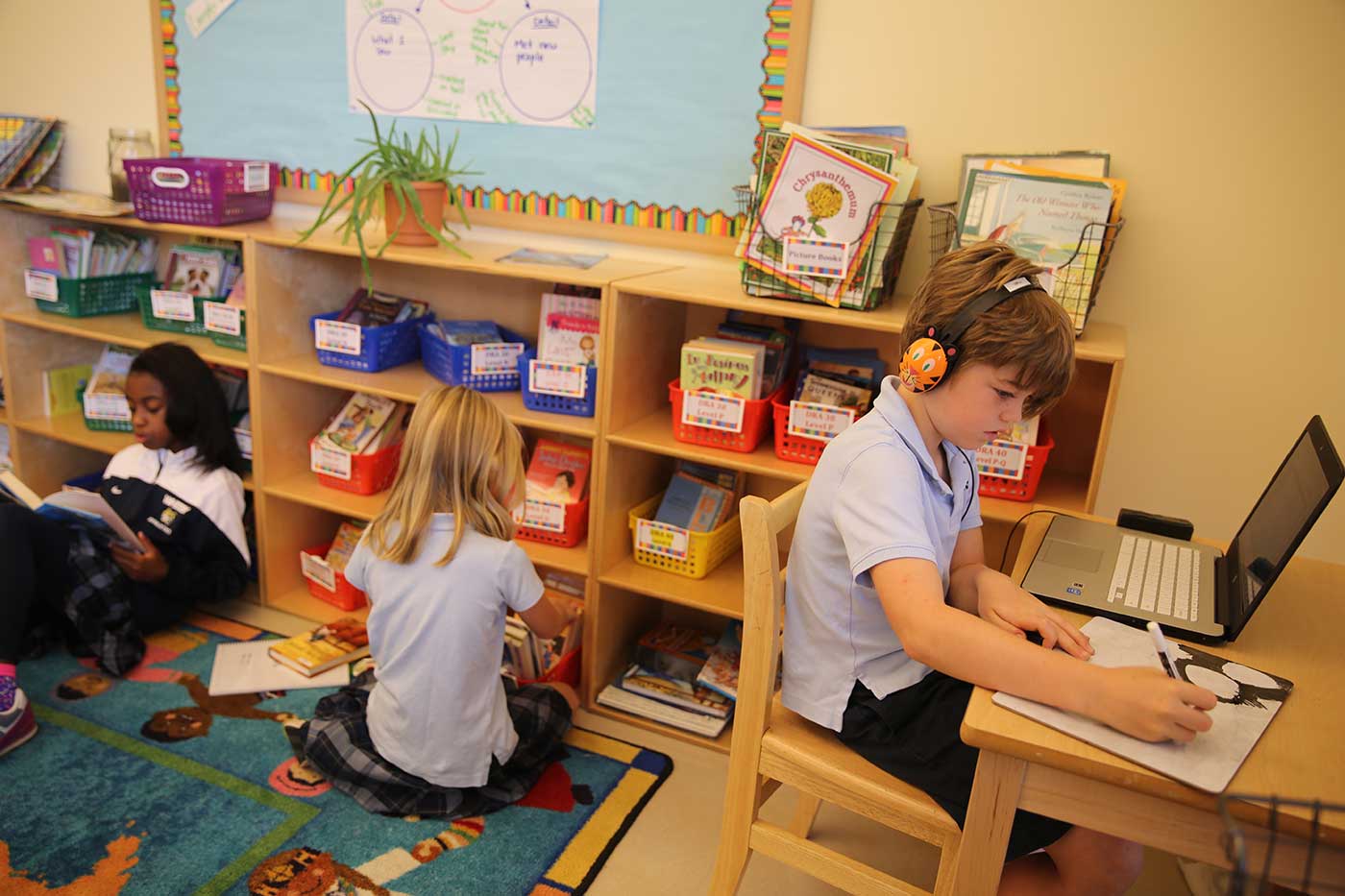
Balanced Literacy
Handwriting
Mathematics
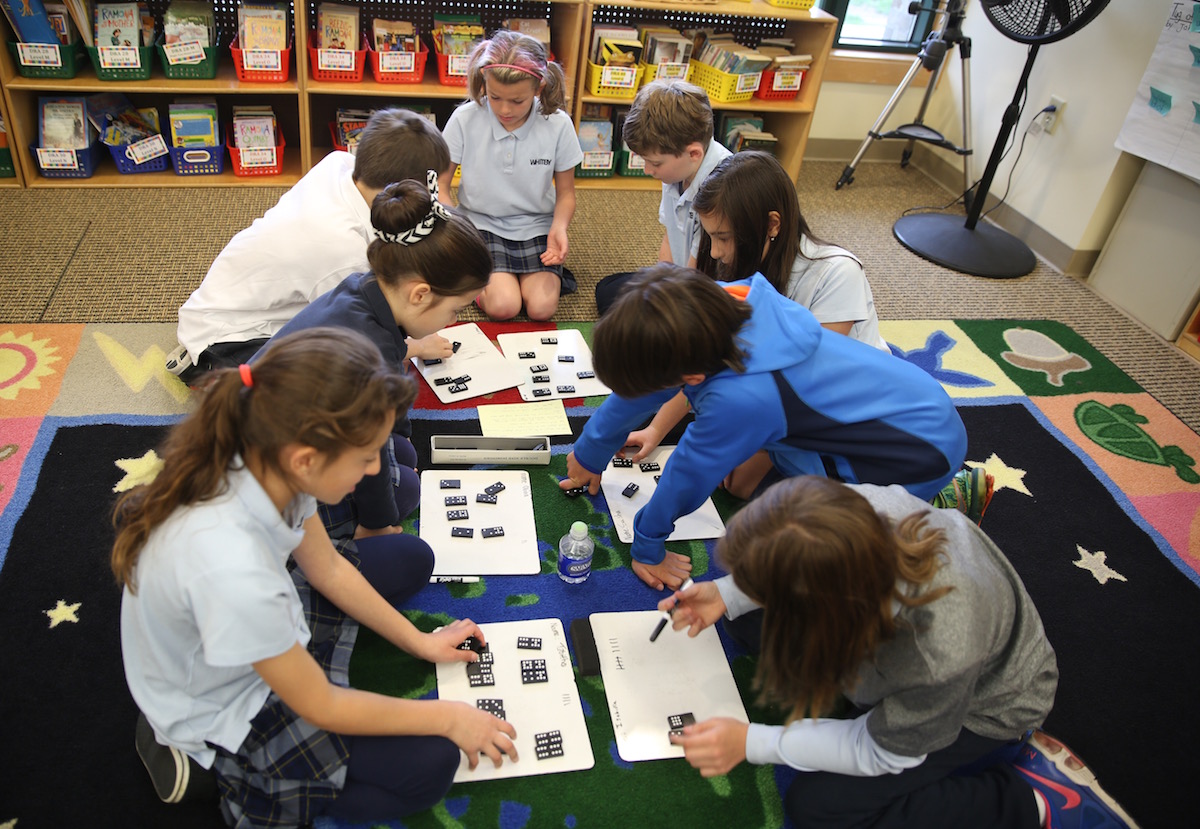
Science
Overall Expectations in Course 4 Science
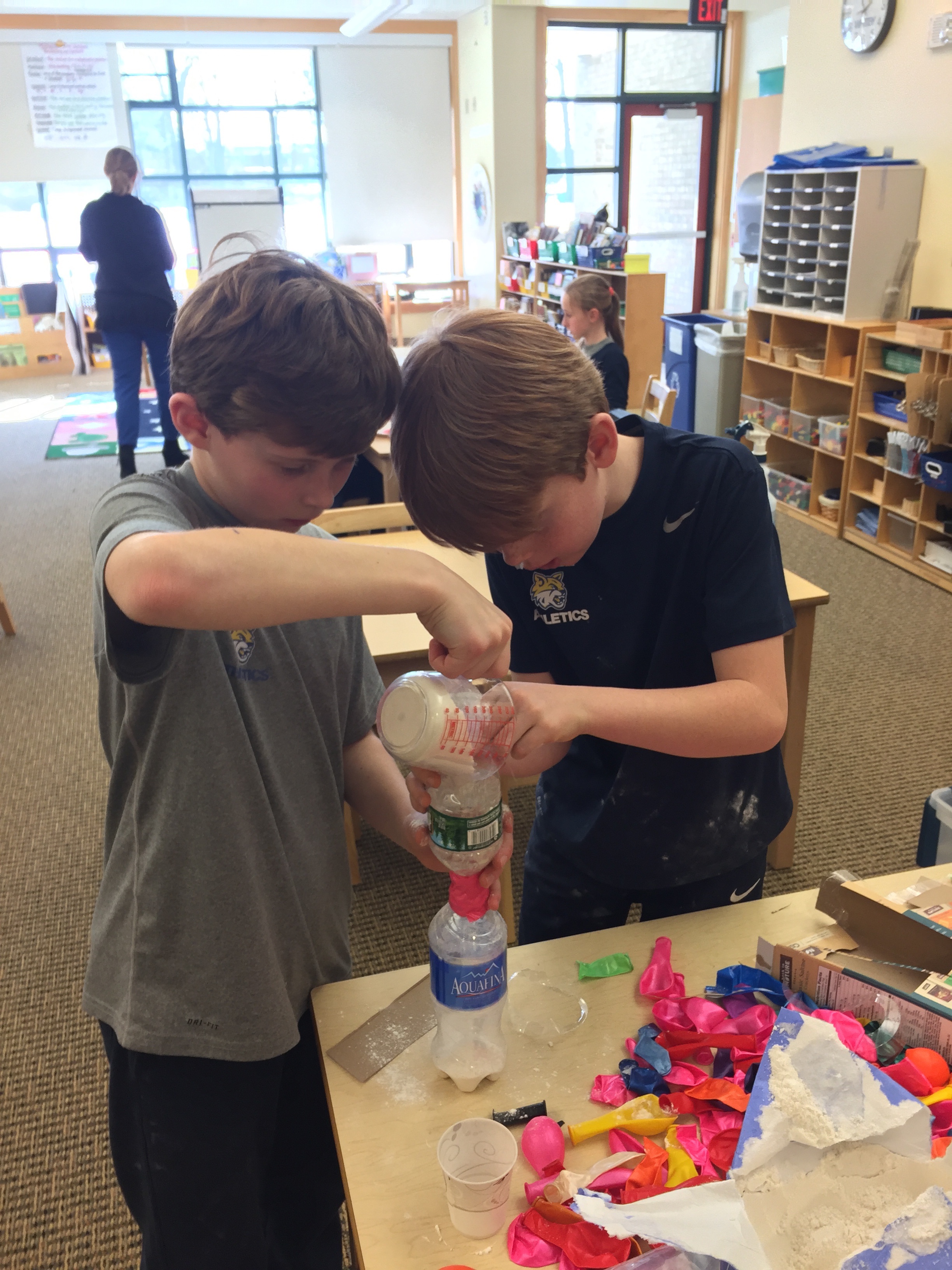
Nature of Science (integrated into all strands)
Social Studies
Overall Expectations in Form 4 Social Studies

Spanish
Music
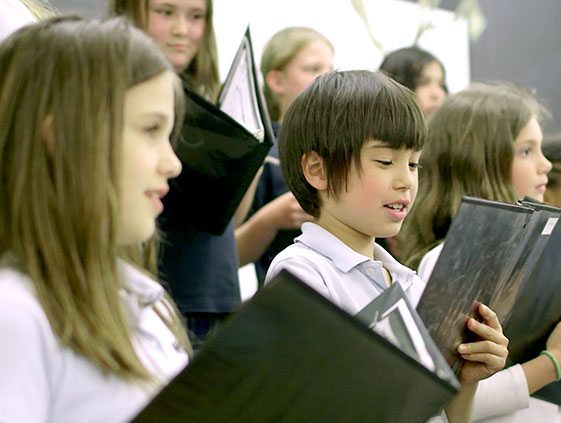
Visual Arts
Theatre
Concrete Education
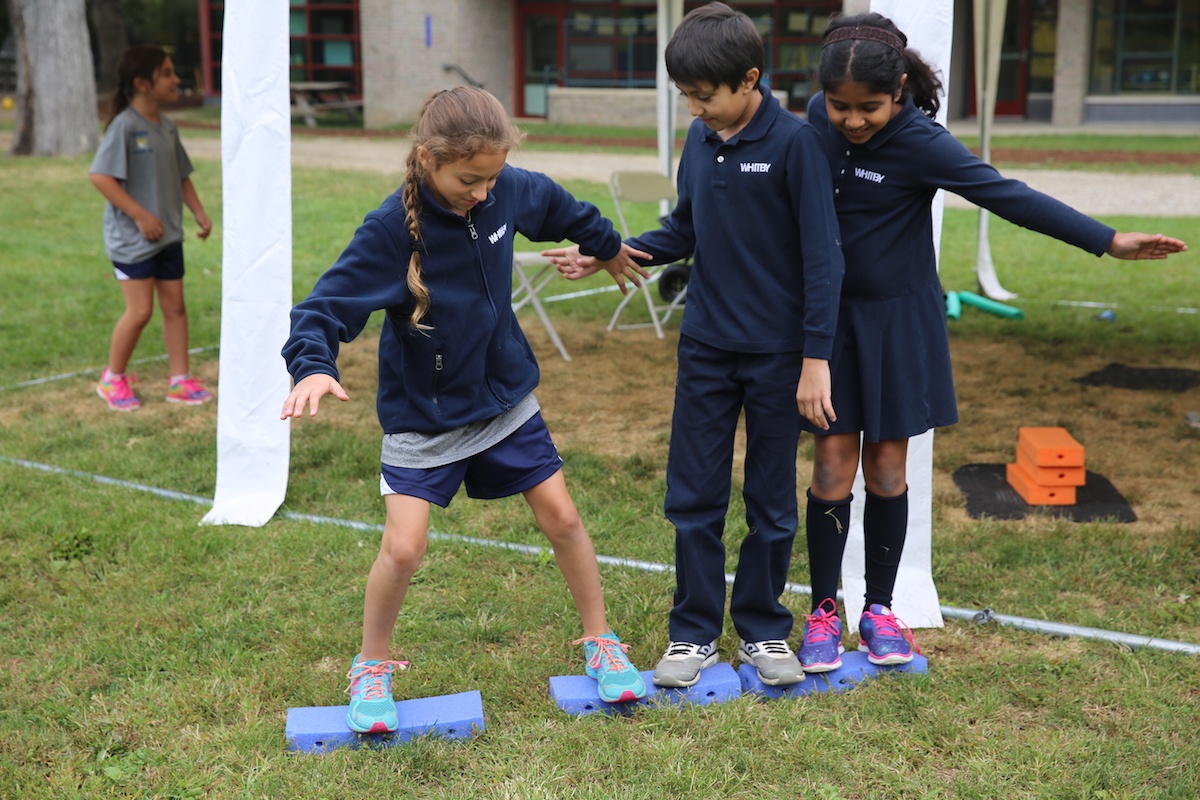
Personal, Social and Emotional Teaching
Data and Communication Technology (ICT)
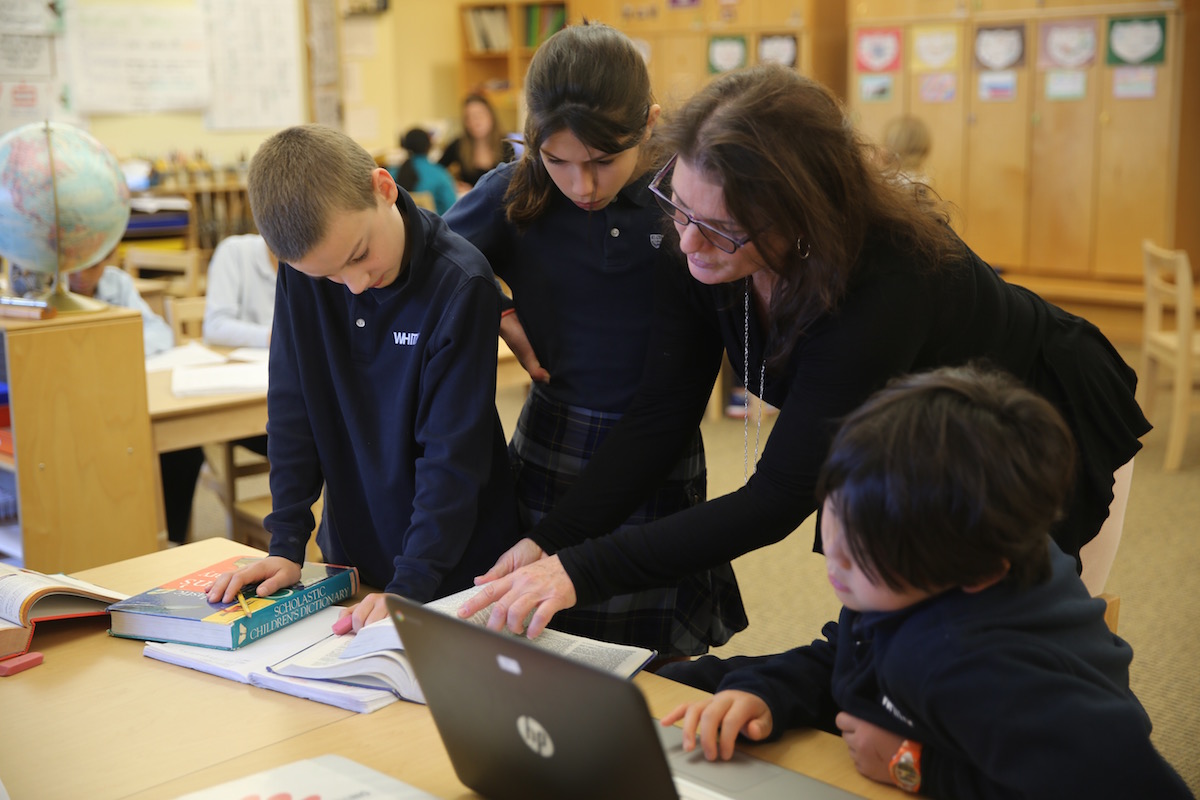
The Reporting Wheel
How practice we communicate levels of performance and progress?
Digital Portfolios
End of Unit Summative Cess Reporting
Formal Parent Conferences
Report Cards
School-Dwelling Connection
Communication
Email
Phone
Newsletter
Work Sent Home
Classroom Activities
Dwelling Reading
Birthdays
richardsbrenceing.blogspot.com
Source: https://www.whitbyschool.org/grade-four-curriculum-guide
0 Response to "Family Life Curriclum for 4th and 5th Grade"
Yorum Gönder